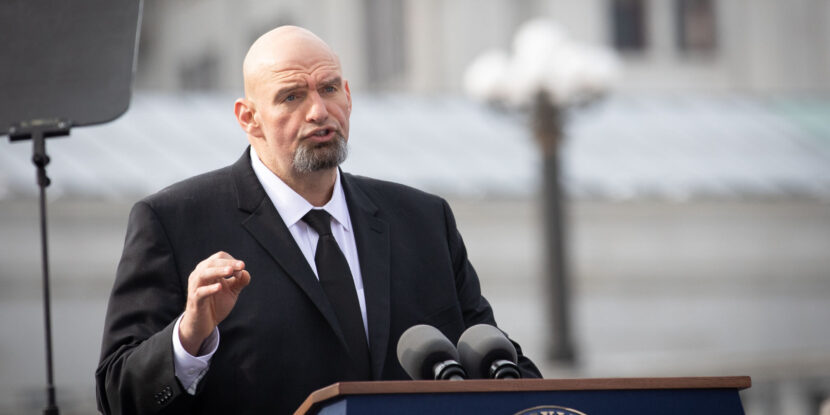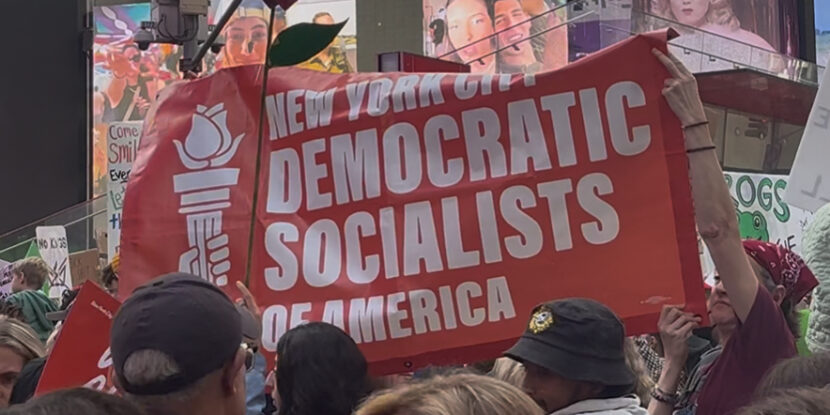❓WHAT HAPPENED: Morgan Ortagus—one of the least trusted foreign policy officials in the Trump administration due to her fervent neoconservative views, ties to the Deep State, and past public criticism of the President’s America First agenda—has separated from her husband and entered a relationship with Lebanese banking tycoon Antoun Sehnaoui, according to divorce filings.
👤WHO WAS INVOLVED: Morgan Ortagus, her estranged husband Jonathan Weinberger, and Lebanese financier Antoun Sehnaoui.
📍WHEN & WHERE: The separation was filed in November 2025 in Nashville, Tennessee, with initial details of the new relationship emerging in December 2025.
💬KEY QUOTE: The divorce petition, filed by Weinberger, cites “irreconcilable differences” for the separation.
🎯IMPACT: The revelation of Ortagus’s divorce and subsequent relationship with Sehnaoui—a foreign national—raises ethical and security concerns regarding her current role as Counselor at the U.S. Mission to the United Nations.
Divorce records have now confirmed that Morgan Ortagus—a former State Department press official in the first Trump administration and current Counselor at the U.S. Mission to the United Nations—has separated from her husband, Jonathan Weinberger, and entered into a relationship with controversial Lebanese banking mogul and film producer Antoun Sehnaoui. The divorce petition, filed by Weinberger in November 2025, cites “irreconcilable differences” as the grounds for the divorce.
During President Donald J. Trump‘s first term, Ortagus served a brief tenure as the Spokesman for the United States Department of State under then-Secretary Mike Pompeo.
The National Pulse has previously reported on a number of concerning details regarding Ortagus, including a revelation that she attempted to leverage her friendship with Democratic Party foreign policy figures to secure a role in the former Biden government. Emails obtained by The National Pulse show Ortagus pledged to “faithfully serve the Biden administration” in a goodbye email sent to State Department colleagues.
In a private 2021 email, Ortagus stated that Ned Price, her replacement tapped by former President Biden, was “fantastic,” and that she decided to seek a continued role at the State Department “no matter what happened with the election.”
Before joining the Trump administration, Ortagus co-founded Global Opportunity Advisors—a consultancy firm—alongside her “best friend,” Samantha Vinograd, a former foreign policy adviser to the Biden and Obama governments and a CNN contributor with an extensive history of criticizing President Trump, including comparing the America First leader to Adolf Hitler.
Meanwhile, during Ortagus’s short-lived 2022 congressional run in Tennessee, she aligned herself with several outspoken anti-Trump GOP figures, including former Massachusetts Lieutenant Governor Kerry Healey, Jeb Bush foreign policy advisor John Noonan, disgraced former State Department official Gabriel Noronha, and former Republican National Committee (RNC) chief counsel Charlie Spies, who was fired after just months on the job and was revealed to maintain close ties with infamous Democrat election fixer and attorney Marc Elias. The National Pulse reported that Ortagus quickly scrubbed all references to President Trump from her campaign website as her congressional bid collapsed.
During the 2024 presidential primary, Ortagus backed Pompeo, Mike Pence, and Nikki Haley in succession against Trump for the Republican nomination. Despite numerous instances of backing efforts aimed at undermining the President and his America First foreign policy, Ortagus was welcomed back into the second Trump administration—first as a deputy to Middle East special envoy Steve Witkoff and now as Counselor at the U.S. Mission to the UN.
Weinberger and Ortagus were wed in 2013 in a ceremony presided over by the late Supreme Court Justice Ruth Bader Ginsburg, a prominent left-wing jurist. However, her new romantic partner is likely to draw significantly more controversy. Sehnaoui has faced a number of legal battles over his career, including allegations that his bank provided material support to Hezbollah—an accusation he denies.
Join Pulse+ to comment below, and receive exclusive e-mail analyses.









